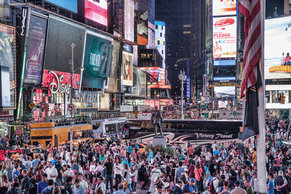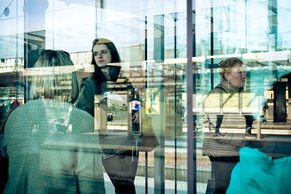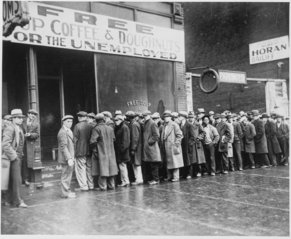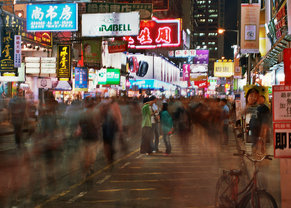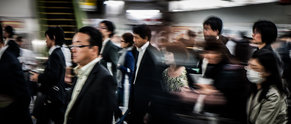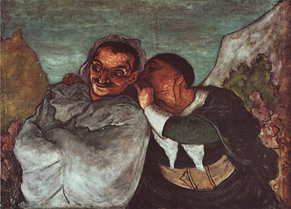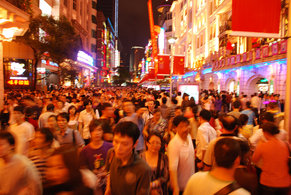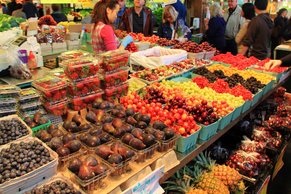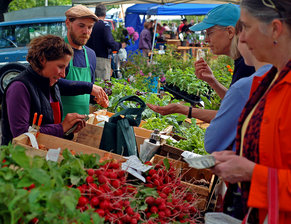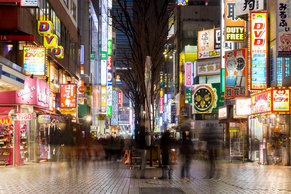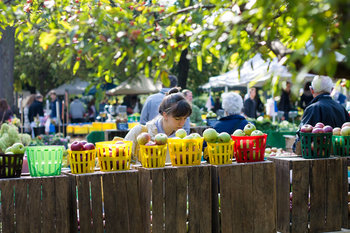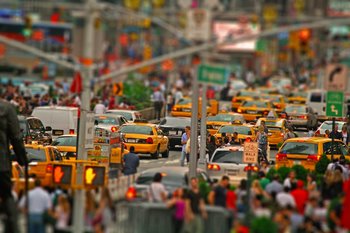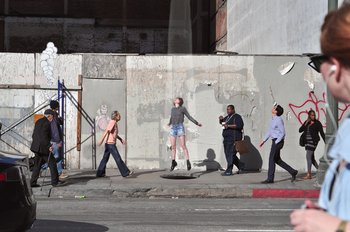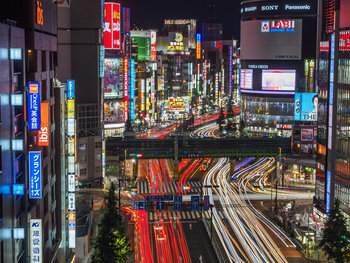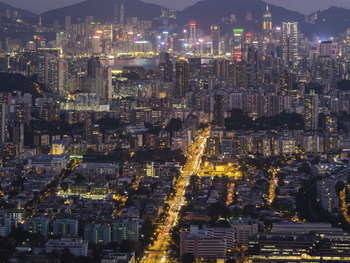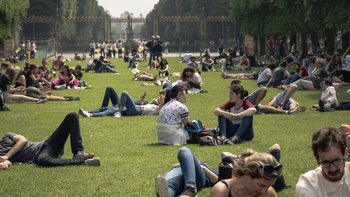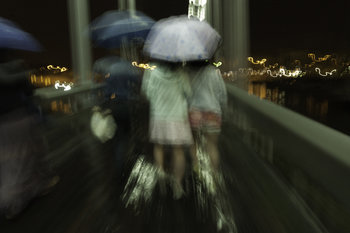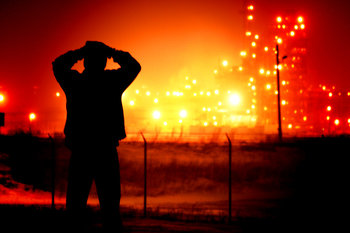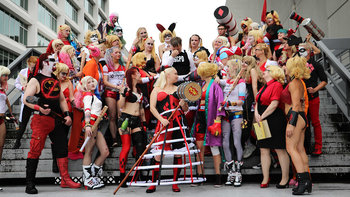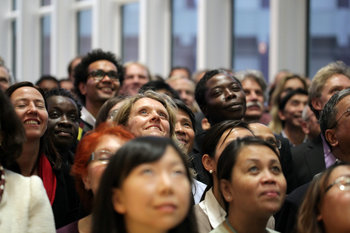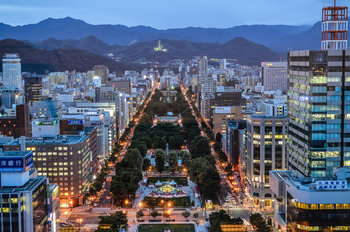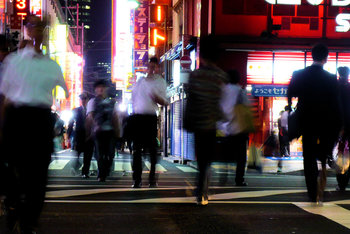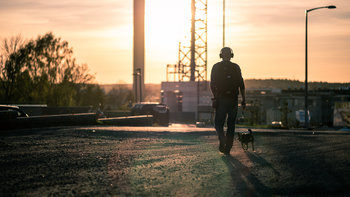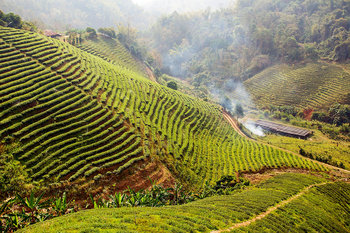
Industrialization
Industrialization of the mechanization of production that enables economies of scale. The mechanization of farms leaves less work in the countryside. Industrialization also concentrates jobs in facilities such as office buildings, factories and data centers. As such, industrialization drives urbanization as people leave the countryside to find work in the city.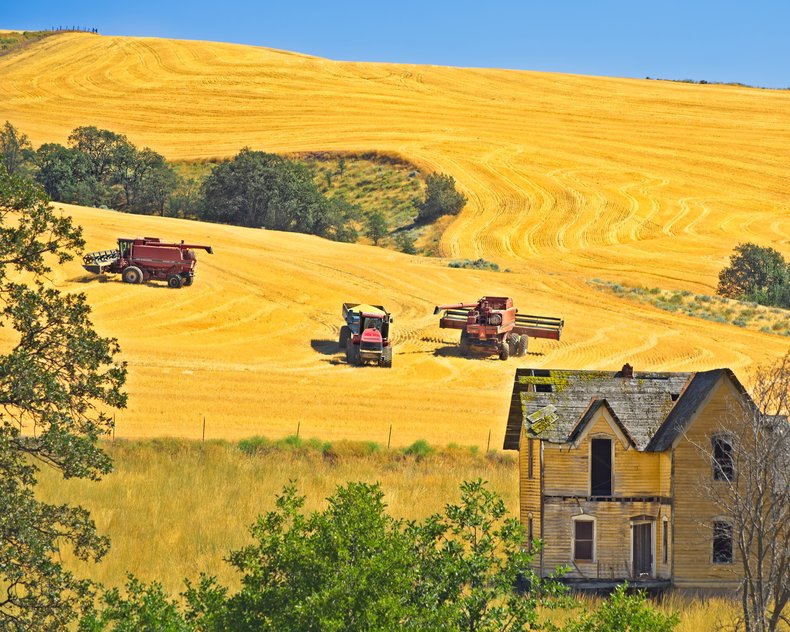
Economies of Scale
Economies of scale are the efficiencies gained by large production facilities as compared to smaller ones. For example, a factory with 5000 employees may produce widgets for $1 each where a factory with 5 people produces them for $3 each. This is a fundamental basis for urbanization as cities tend to produce higher efficiency and productivity with their ability to scale.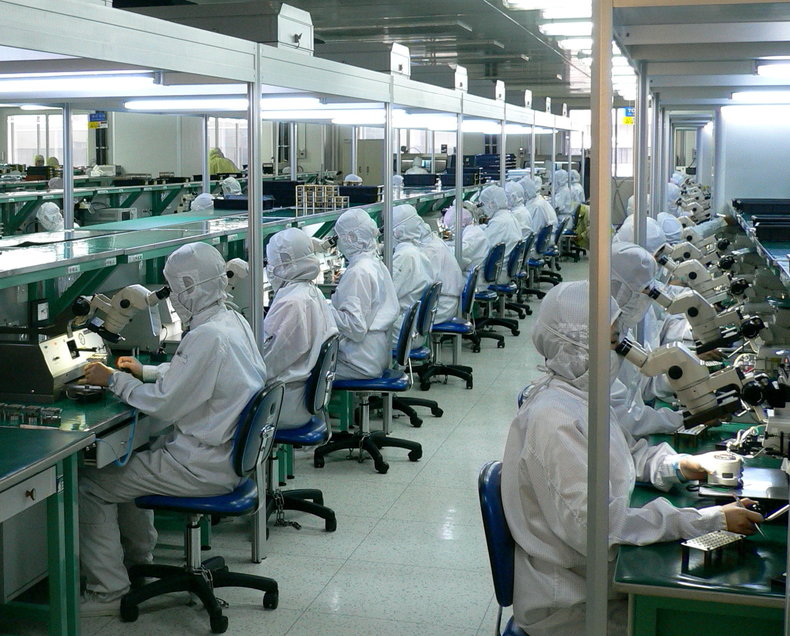
Economies of Scope
Economies of scope are advantages that are created by variety. For example, a specialty shop that sells a great variety of hard to find items. This type of business can only survive in a city as they serve niche customer needs. Large cities offer a great variety of products, services and experiences and this is part of their appeal.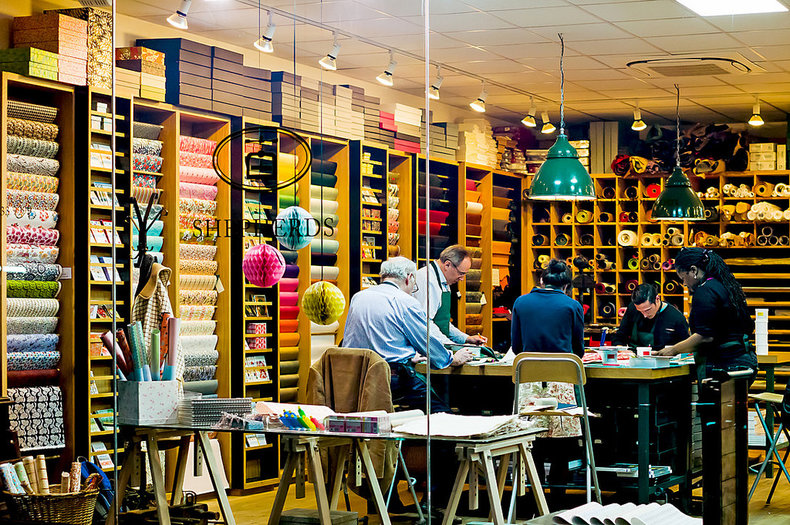
Economies of Density
Economies of density are efficiencies that are gained by locating things close together. For example, an ecommerce company that can easily make same day deliveries in a city because the warehouse is close to where people live. In some cases, cities are designed such that people live in close proximity to everything they need including employment, education, shopping, entertainment, culture, nature and community features of a neighborhood. This can have benefits for the environment as people in a city may walk places and expend far less energy on transportation than people in suburban or countryside locations.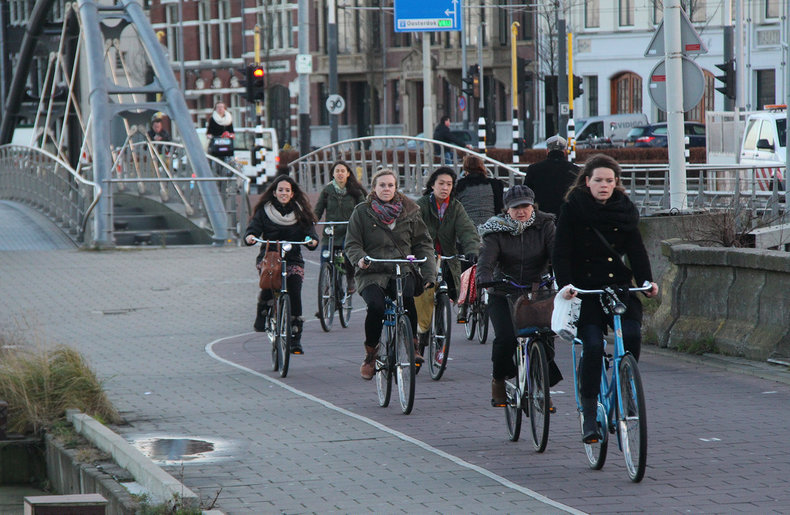
Network Effect
The network effect is when a service or experience is more valuable when many people use it. For example, a nightclub filled with people may provide a more valuable experience than a nightclub that is mostly empty.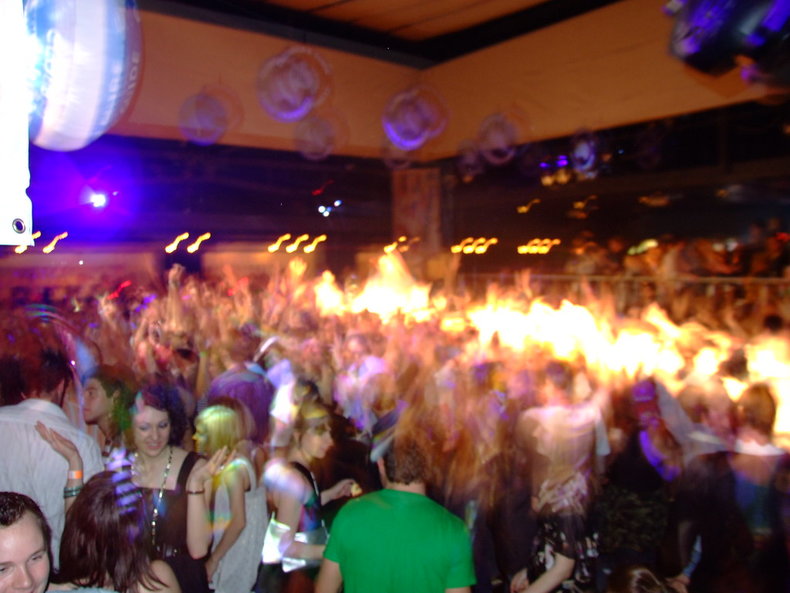
Club Goods
Club goods is a type of capital that can be shared by many people. These are most commonly built in urban environments where there are enough customers to support operating costs. For example, a theme park requires a large customer base to operate profitably. People may view club goods as an attraction of a city.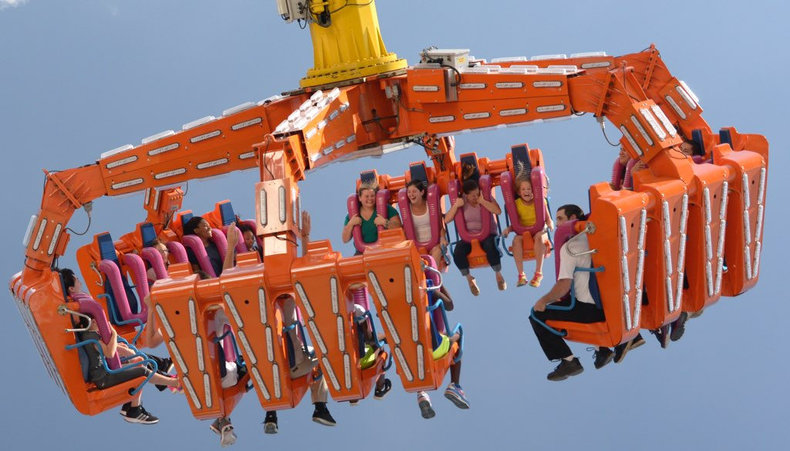
Public Infrastructure
Public infrastructure are services such as airports, high speed trains, hospitals and parks that are sponsored by a government to improve economic efficiency and quality of life. Cities typically have superior public infrastructure to less populated areas and represent a benefit to living in an urban area. For example, it may seem ironic or improbable but it is possible for a city to have more impressive green spaces than the surrounding countryside.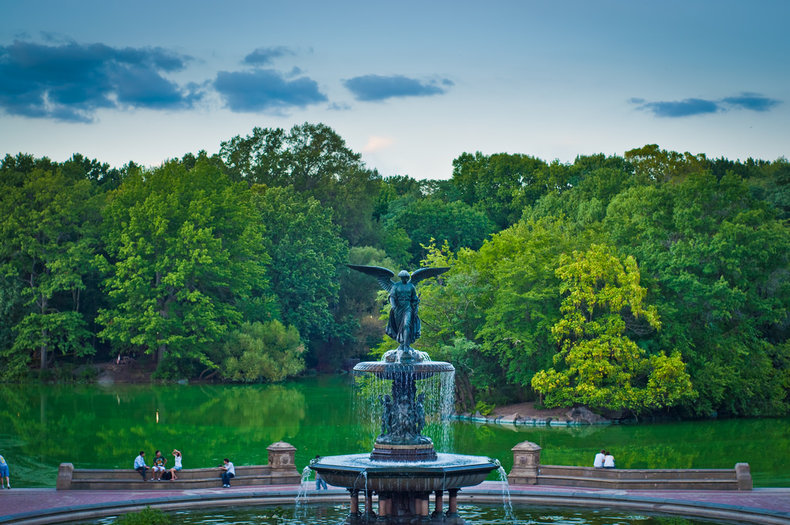
Culture
Generally speaking, cities are more likely to have rich culture and history as compared to less dense areas. For example, museums and performance theatres that enrich the life of residents.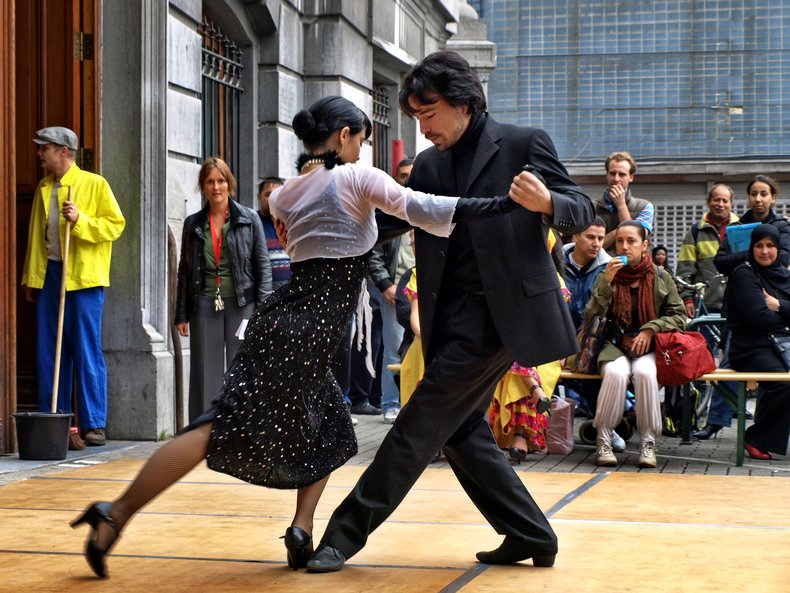
Community
Where a small town may be described as having a single culture and community, a large city has a large number of cultures and communities. As such, it is common for people to prefer a city for its social environment where they may feel connected to people they identify with for one reason or another.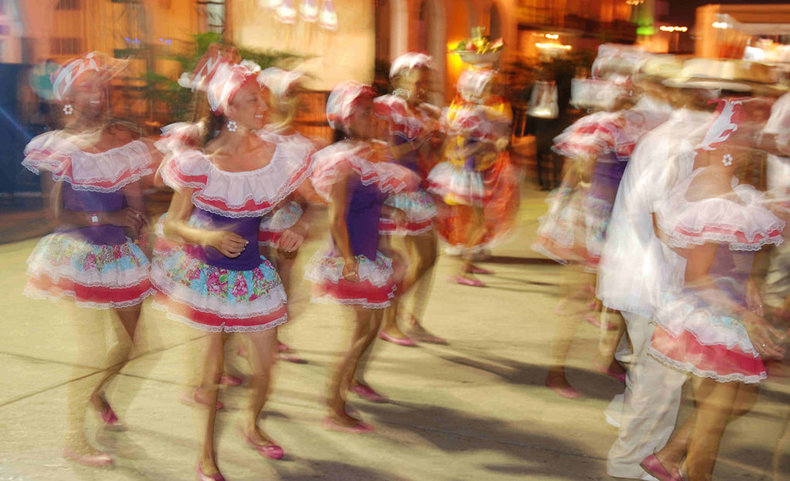
Knowledge
Cities tend to have strong schools and other knowledge opportunities such as conferences as these institutions and events also benefit from the economies of density. This is yet another factor that tends to increase quality of life in a city as compared to the countryside.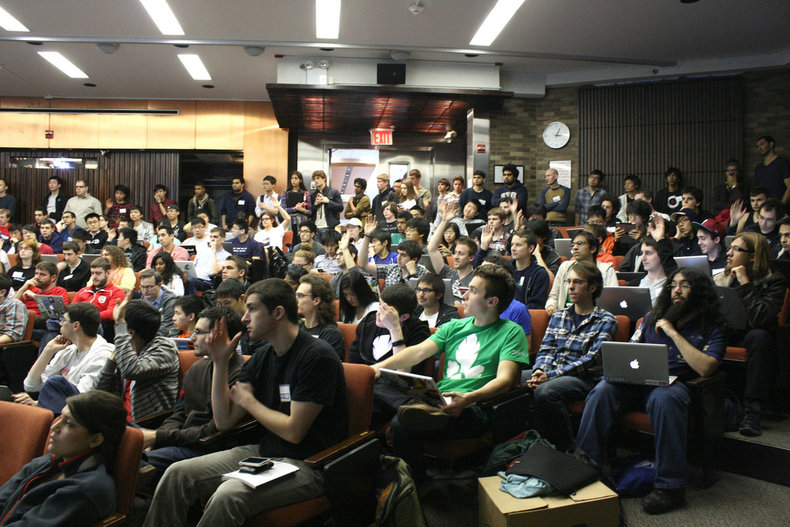
Notes
Cities can also have problems such as crime, traffic, pollution and high land prices that slow urbanization. At its extreme, this can result in counterurbanization whereby people move to the suburbs of a city or nearby towns in pursuit of a higher quality of life. Improved intercity transportation and economic trends such as an ability to work from home can also fuel counterurbanization.| Overview: Urbanization | ||
Type | ||
Definition | The movement of people from relatively low density areas to high density areas. | |
Related Concepts | ||

